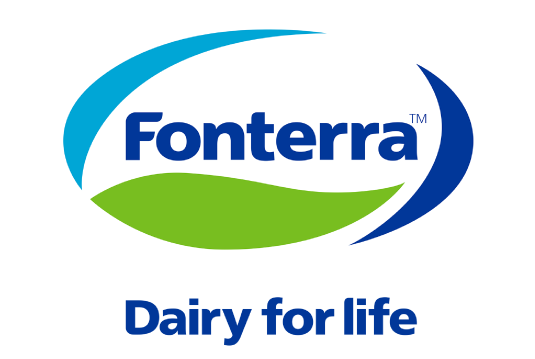Fonterra announces new palm products sourcing standard

Fonterra has adopted a new standard for sourcing of palm products as part of its commitment to sustainability.
The standard was developed in consultation with key supply partners, and it follows discussions with Greenpeace that began in December 2015 to strengthen Fonterra’s existing sustainable palm products sourcing procedures.
The standard was developed in consultation with key supply partners, and it follows discussions with Greenpeace that began in December 2015 to strengthen Fonterra’s existing sustainable palm products sourcing procedures.
“The new standard requires us to purchase only segregated supply palm oil by 2018, and to work with suppliers of palm products to ensure that plans are in place for full traceability to plantation by 2018,” said Fonterra’s Director of Social Responsibility, Carolyn Mortland.
“We want to ensure that there is no risk of deforestation within our supply chain. This standard aims to ensure the fair and ethical treatment of suppliers and to protecting conservation values.”
The standard applies to both palm oil and to palm kernel expeller (PKE) that is used by some farmers as animal feed.
“We take our sourcing responsibilities for both products seriously, and we’re especially grateful for the significant support that Greenpeace has provided in the development of the standard,” she said.
Since 2009 Fonterra has belonged to the Round Table for Sustainable Palm Oil (RSPO) and it currently offsets 100% of palm oil use via RSPO and Green Palm certification. PKE is a by-product of the palm oil industry and Fonterra already uses a single source provider, Wilmar International, which has a "no-deforestation, no-exploitation" policy.
Through its Farm Source stores, Fonterra sells approximately one third of the PKE that is used in New Zealand.
“It’s important to remember imported supplementary feed remains a relatively small part of total cow diet in New Zealand,” said Farm Source Chief Operating Officer, Miles Hurrell.
“For some of our farmers, PKE has a role to play in cow health and milk production, particularly as grass quality declines over a season or during bad weather such as drought,” he said.
“Our farmers already do an enormous amount of environmental protection work on farm, from fencing waterways through to managing nitrogen efficiently. We want to make sure we’re backing up their hard work with responsible sourcing practices,” he said.
Fonterra also currently has a guideline in place recommending the maximum use of PKE per cow per day.
“We know that our pasture-base production gives us a competitive advantage in global markets, and we need to protect that,” said Mr Hurrell.
Fonterra will work now with partners across the wider dairy industry to support the adoption of sustainable palm products sourcing practices in line with the new standard.
“We’ll continue to work together as an industry, and with our partners, to address environmental issues facing the dairy industry,” said Mrs Mortland.
Read the full standard here.

